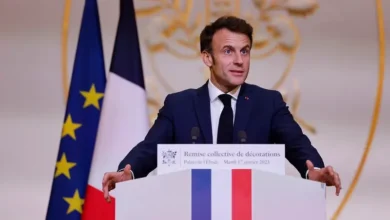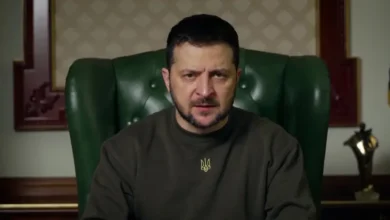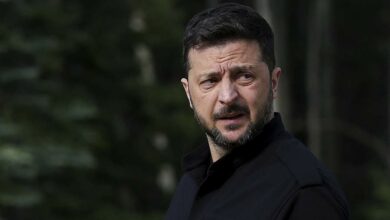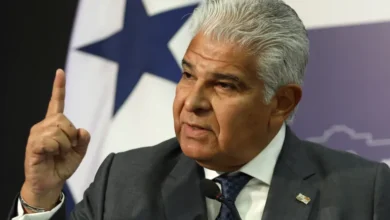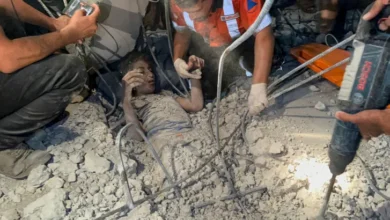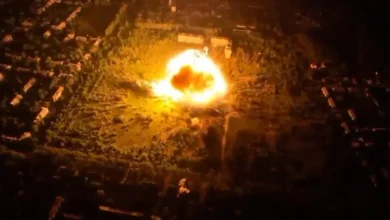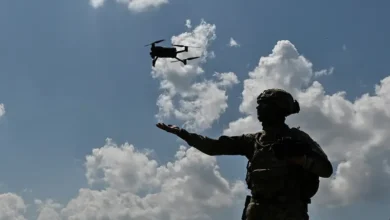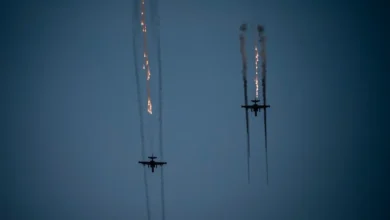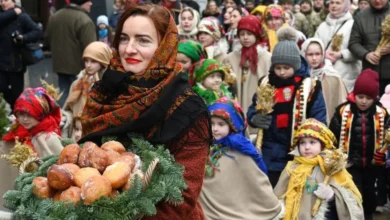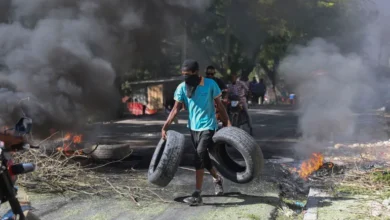Wagner mercenaries chief admits Russia facing Bakhmut resistance
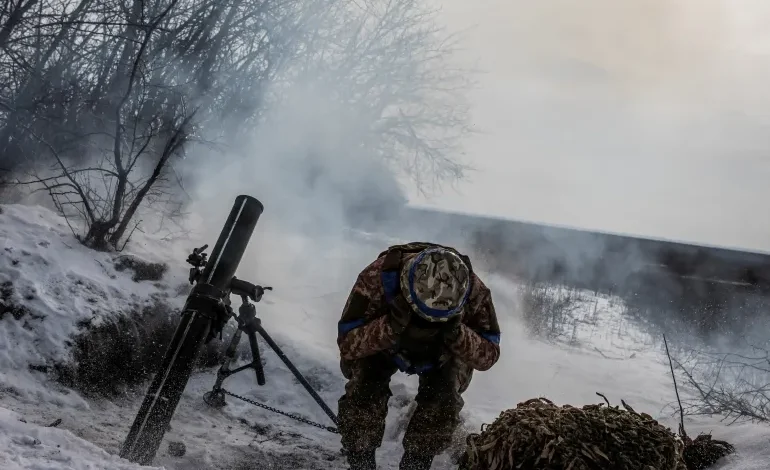
Yevgeny Prigozhin, the head of Russia’s Wagner mercenary group, has said that Russian forces must capture the strategic Ukrainian city of Bakhmut to proceed with their war campaign but that they were facing fierce resistance from Ukraine.
In a rare interview made public Friday with a Russian military correspondent, Prigozhin said Russia had to establish clear goals in its nearly year-old war on Ukraine, namely to firmly establish its presence in eastern Ukraine or push forward to capture more of the country. The complete capture of Bakhmut was key to those plans, he said.
“Bakhmut is needed so our troops can operate comfortably,” Prigozhin said.
“Why is it called the meat grinder? Because the Ukrainian army is sending more and more and more units.”
Wagner mercenaries, many conscripted from prisons in Russia, have played a large role in the war in Ukraine, particularly last month when they captured the town of Soledar, near Bakhmut – the city that has endured months of combat and bombardments and is known to both sides as the “meat grinder”.
“It is probably too early to say that we are close,” the Wagner chief said of taking Bakhmut.
“There are many roads out and fewer roads in. Ukrainian troops are well trained … and like any large city, it is impossible to capture it from head-on. We are managing very well,” he added.
“First, we have to quietly take Artyomovsk and then we can say loud and clear that we have taken it,” he added, referring to Bakhmut by the Soviet-era name used by Moscow.
The United Kingdom’s defence ministry said Wagner forces appeared to have advanced 2 to 3km (1 to 2 miles) around the north of Bakhmut since Tuesday – a rapid push in a battle where front lines have barely moved for months. It said Wagner fighters were now threatening the main western access road to Bakhmut although a Ukrainian military analyst said supplies were still getting through.
The UK ministry also said Russian forces had made some advances near Vuhledar, a Ukrainian-held bastion that has been a linchpin between the southern and eastern fronts. But it added the limited Russian gains there had likely come at a high cost, including at least 30 armoured vehicles abandoned in one failed assault.
Prigozhin also said the fighting to capture Soledar – undertaken after failures in taking Bakhmut – was comparable to the six months of battles needed for the Soviet army to secure Stalingrad during World War II. Prigozhin has harshly criticised the failings of the regular Russian army in its Ukraine offensive and engaged in a public dispute with Kremlin commanders when he maintained the battle for Soledar was exclusively waged by his Wagner forces after the regular army claimed the victory.
In comments apparently aimed at Russia’s defence establishment, Prigozhin complained in January about “infighting, corruption, bureaucracy and officials who want to stay in their positions”, as well as what he called constant attempts to “steal victory” from Wagner.
In January, the United States formally labelled the Wagner Group a “transnational criminal organization” and the European Union has accused Wagner forces of human rights abuses, including torture and extrajudicial killings in Ukraine, Syria, Libya, the Central African Republic, Sudan and Mozambique.
Military analyst Oleh Zhdanov said the situation around Bakhmut probably remained the most difficult being faced by Ukraine’s forces as Russia deploys more and more conscripts to swarm the city.
“The area south of Bakhmut is a very difficult sector,” Zhdanov said in an online interview.
“And the city itself remains the hottest spot on the front at this time,” he said.
